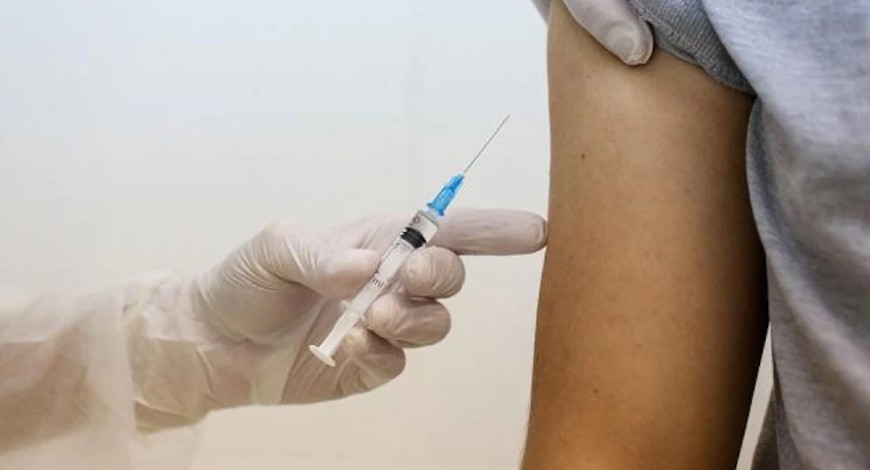Headlines of The Day
Malaria to pneumonia vaccines: SII now betting on non-Covid shots

The world’s largest vaccine maker, Serum Institute of India (SII), is working out plans on redeploying its installed capacity after the demand for Covid-19 vaccines wanes. Key pipeline vaccines like those against malaria, pneumonia, and HPV are likely to go into production within the next few months to a year or so, and that would take care of capacity utilisation.
Besides, the pandemic has opened up new markets like Europe for SII where it was not supplying vaccines earlier. The export potential is bright, say people close to the development.
At the moment, SII has an annual vaccine manufacturing capacity of around 3 billion doses of both Covid and non-Covid vaccines. In March 2019, the company had an installed capacity of around 1.5 billion doses. It has doubled the manufacturing capacity at its Pune plant over the past two years. India has already vaccinated over 90 per cent of the country’s population with at least one dose, and thus demand for Covid shots is likely to go down, unless new segments of the population open up for vaccination.
While the company did not comment, sources estimate that the current utilisation level is at 2-2.5 billion doses a year. This is because SII has halved its Covishield (AstraZeneca-Oxford vaccine) production since December.
SII has the capacity to produce 250 million monthly doses of Covishield. This roughly works out to 3 billion annual doses. However, since December, the company is making 120-125 million doses a month because it had already stock-piled about 500 million doses of vaccines in the bulk form, which could be converted into the fill and finish product easily.
“Typically, vaccine companies redeploy their existing facilities to make different kinds of vaccines according to the orders they have. Vaccine facilities are usually very flexible. So one can also create a stockpile of finished vaccines or bulk form and switch that same production line to make other vaccines,” said a senior vaccine industry veteran.
“SII is expecting that its malaria vaccine candidate will go into production by the end of this year. It is now in phase 3 clinical trials in Africa, and licensure of this vaccine is expected by 2023. Therefore, production is expected to start by the end of this year at SII,” said a source close to the development.
The University of Oxford has partnered with SII to make the R21/Matrix-M. SII will supply over 200 million doses every year of this vaccine after licensure. SII’s peers Bharat Biotech (through a partnership with GSK) and Zydus Lifesciences, too, are bringing malaria vaccines to the market.
According to the World Health Organisation (WHO) in 2020, there were an estimated 241 million malaria cases worldwide, and 627,000 deaths that year due to the disease. The African region carries a disproportionately high share of global malaria burden: 95 per cent malaria cases and 96 per cent of malaria deaths (in 2020). Thus global demand for this vaccine is expected to be high.
Besides, SII launched an indigenously developed pneumonia vaccine Pneumosil in December 2020, and the company expects its demand to pick up now. Then there is the HPV vaccine; this indigenously developed vaccine against cervical cancer is expected to be out soon.
“When we built the capacities to make Covid-19 vaccines, we had a long-term plan to shift these to manufacture our pipeline vaccines after the demand for Covid19 waned. There is scope to add more capacities if the need arises,” said a source, who added the pandemic opened doors to geographies markets such as the UK and other parts of Europe where SII has supplied its India-made vaccines for the first time.
Adar Poonawalla, CEO of SII, recently said the company dispatched 30 million doses of made-in-India Novavax Covid vaccine to Europe and Australia, a first for an Indian manufacturer.
“This opens new doors for vaccines from SII’s Pune plant in these regulated markets. We had shipped the Oxford-AstraZeneca vaccine to the UK, too, during the pandemic. It is a testimony to the India-made quality,” the source added. Add to this the export commitments to Covax and other countries, most of SII’s Covid vaccine production is likely to find takers overseas now.
Moreover, now the subject expert committee (SEC) advising the Indian drug regulator has approved the use of Covovax (Novavax vaccine) on 12-17-year olds. This opens up a new segment of the population for the vaccine, which is yet to be launched in India. SII may even fill and finish this vaccine at Biocon’s facility, Poonawalla has indicated. Business Standard














